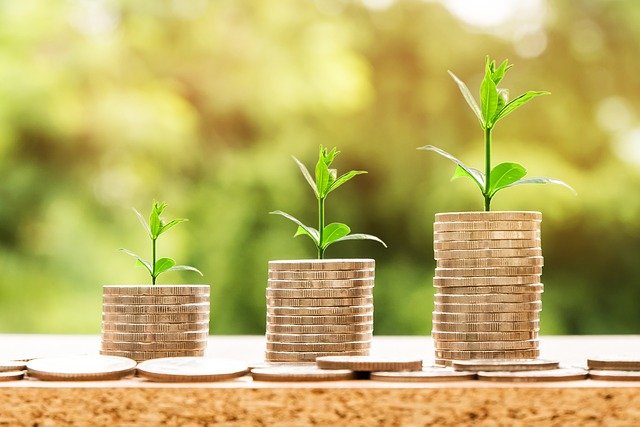By means of CONPES 4023 document, the national government formulated the "Policy for sustainable and inclusive recovery, repowering, and growth: new commitment for the Colombia’ future", as a strategy to reactivate development in short and long term, aimed towards a more sustainable and inclusive growth that allows to accurately respond to future shocks of great impact.

The policy guidelines formulated by the national government through CONPES 4023 combine two dynamics of economic reactivation to face the crisis generated by the COVID-19 pandemic, these are: (i) a budget effort to allocate resources that activate growth throughout the national territory, and: (ii) a set of actions defined to ensure that growth is sustainable and inclusive in the long term.
The policy defined an investment plan for the sustainable and inclusive recovery and growth through which the national government seeks to join efforts with the private sector for the economic recovery in the coming years. It plans an investment of $135 billion that is equivalent to 12.5% of GDP and that will be allocated to the following sectors:
- 7.2% housing sector.
- 42.4% transport sector.
- 3.9% education sector.
- 26.3% mining and energy sector.
- 4.4% social inclusion sector.
- 15.8% agricultural sector, sports, among others.
Said investment plan consists of five commitments (see table 1) that include 552 projects that will generate more than 2 million direct and indirect jobs.
Table 1. Investment plan
|
COMMINMENTS |
PROJECTS |
JOBS |
PLANNED INVESTMENT (COP) |
|
Job creation |
291 |
2.000.000 |
$95,6 trillions |
|
Clean and sustainable growth |
32 |
114.300 |
$19 trillions |
|
Commitment with the poorest and most vulnerable |
143 |
280.000 |
$16 trillions |
|
Field and peace with legality |
81 |
99.600 |
$4 trillions |
|
For the health of Colombian citizens |
NA |
NA |
$365 millions |
Additionally, this policy includes an action plan that seeks to mitigate the negative effects on the current income of households and the accumulation of human capital derived from the pandemic COVID-19.
The action plan involves the following strategies:
- Households: Mitigation of the increase in poverty and economic vulnerability.
- Households: Mitigation of the de-accumulation of human capital.
- Productive system: towards greater and more sustainable growth.
- Government: institutional capacities and citizen trust.
- Digital Transformation: Accelerate, complement, and strengthen digital enablers.
In addition, it is important to point out the sustainable approach of this policy from bioeconomy and green business perspective. This policy includes 5 actions to develop the bioeconomy and green business, these are:
- Chaining productive projects that are bio-oriented to increase the sophistication level, engaging the private sector and generating the leverage of public funds.
- Specialized fund to support the development and commercialization of new products and processes, including technologic concept proofs, pre-commercial and commercial prods of products and processes.
- A corporate support program aimed to promote and develop products, processes and services from biodiversity and biomass.
- Promotion of direct sustainable and impact foreign investment, including, among others, circular economy.
- Work lines on bio inputs for agricultural use to identify the needs, align technologic solutions and promote the uptake of these products.
Finally, the policy describes the monitoring and financing mechanisms.